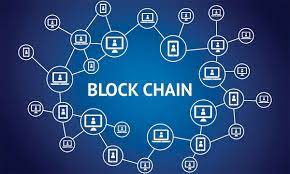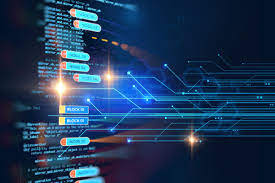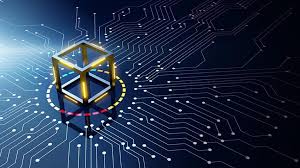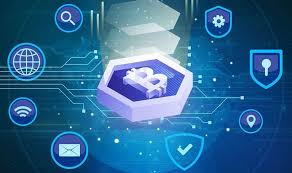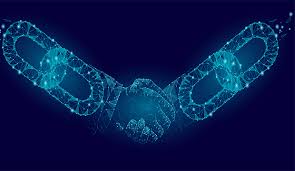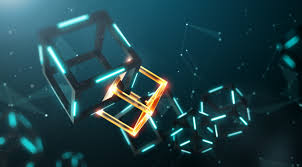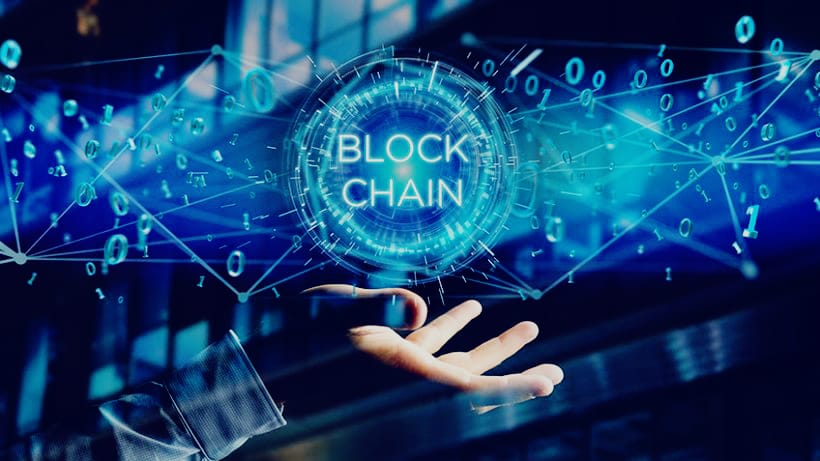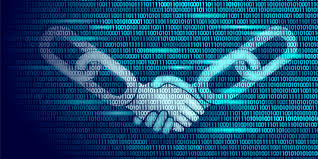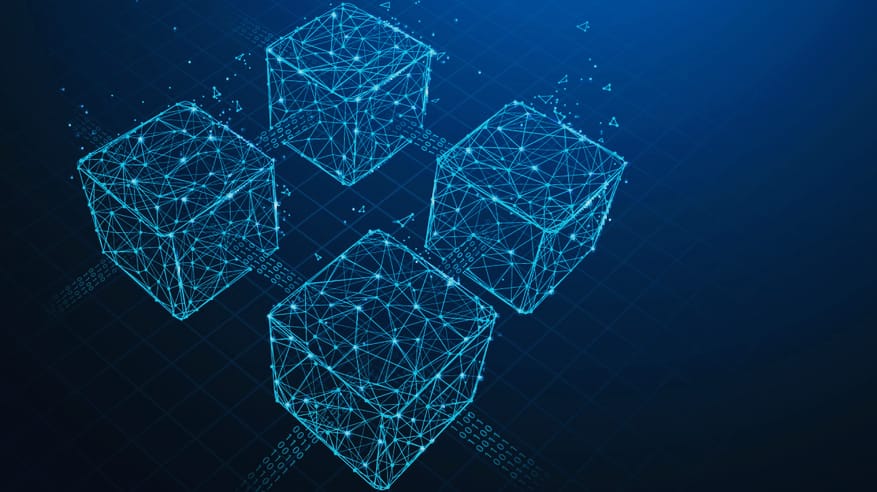ADVANTAGES OF BLOCKHAIN
ACCURACY OF THE CHAIN
Transactions on the blockchain network are approved by a network of thousands of computers. This removes
almost all human involvement in the verification process, resulting in less human error and an accurate
record of information. Even if a computer on the network were to make a computational mistake, the error
would only be made to one copy of the blockchain. In order for that error to spread to the rest of the
blockchain, it would need to be made by at least 51% of the network’s computers—a near impossibility for a
large and growing network the size of Bitcoin’s.
COST REDUCTIONS
Typically, consumers pay a bank to verify a transaction, a notary to sign a document, or a minister to
perform a marriage. Blockchain eliminates the need for third-party verification and, with it, their
associated costs. Business owners incur a small fee whenever they accept payments using credit cards, for
example, because banks and payment processing companies have to process those transactions. Bitcoin, on the
other hand, does not have a central authority and has limited transaction fees.
DECENTRALIZATION
Blockchain does not store any of its information in a central location. Instead, the blockchain is copied
and spread across a network of computers. Whenever a new block is added to the blockchain, every computer on
the network updates its blockchain to reflect the change. By spreading that information across a network,
rather than storing it in one central database, blockchain becomes more difficult to tamper with. If a copy
of the blockchain fell into the hands of a hacker, only a single copy of the information, rather than the
entire network, would be compromised.
EFFICIENT TRANSACTIONS
Transactions placed through a central authority can take up to a few days to settle. If you attempt to
deposit a check on Friday evening, for example, you may not actually see funds in your account until Monday
morning. Whereas financial institutions operate during business hours, five days a week, blockchain is
working 24 hours a day, seven days a week, and 365 days a year. Transactions can be completed in as little
as ten minutes and can be considered secure after just a few hours. This is particularly useful for
cross-border trades, which usually take much longer because of time-zone issues and the fact that all
parties must confirm payment processing.
PRIVATE TRANSACTIONS
Many blockchain networks operate as public databases, meaning that anyone with an internet connection can
view a list of the network’s transaction history. Although users can access details about transactions, they
cannot access identifying information about the users making those transactions. It is a common
misperception that blockchain networks like bitcoin are anonymous, when in fact they are only confidential.
That is, when a user makes public transactions, their unique code called a public key, is recorded on the
blockchain, rather than their personal information. If a person has made a Bitcoin purchase on an exchange
that requires identification then the person’s identity is still linked to their blockchain address, but a
transaction, even when tied to a person’s name, does not reveal any personal information.
SECURE TRANSACTIONS
Once a transaction is recorded, its authenticity must be verified by the blockchain network. Thousands of
computers on the blockchain rush to confirm that the details of the purchase are correct. After a computer
has validated the transaction, it is added to the blockchain block. Each block on the blockchain contains
its own unique hash, along with the unique hash of the block before it. When the information on a block is
edited in any way, that block’s hashcode changes—however, the hash code on the block after it would not.
This discrepancy makes it extremely difficult for information on the blockchain to be changed without
notice.
TRANSPARENCY
Most blockchains are entirely open-source software. This means that anyone and everyone can view its code.
This gives auditors the ability to review cryptocurrencies like Bitcoin for security. This also means that
there is no real authority on who controls Bitcoin’s code or how it is edited. Because of this, anyone can
suggest changes or upgrades to the system. If a majority of the network users agree that the new version of
the code with the upgrade is sound and worthwhile then Bitcoin can be updated.
BANKING THE UNBANKED
Perhaps the most profound facet of blockchain and Bitcoin is the ability for anyone, regardless of
ethnicity, gender, or cultural background, to use it. According to the world bank there are nearly 2 billion
adults that do not have bank accounts or any means of storing their money or wealth.5 Nearly all of these
individuals live in developing countries where the economy is in its infancy and entirely dependent on cash.
These people often earn little money that is paid in physical cash. They then need to store this physical
cash in hidden locations in their homes or places of living leaving them subject to robbery or unnecessary
violence. Keys to a bitcoin wallet can be stored on a piece of paper, a cheap cell phone, or even memorized
if necessary. For most people, it is likely that these options are more easily hidden than a small pile of
cash under a mattress.
Blockchains of the future are also looking for solutions to not only be a unit of account for wealth
storage, but also to store medical records, property rights, and a variety of other legal contracts.
